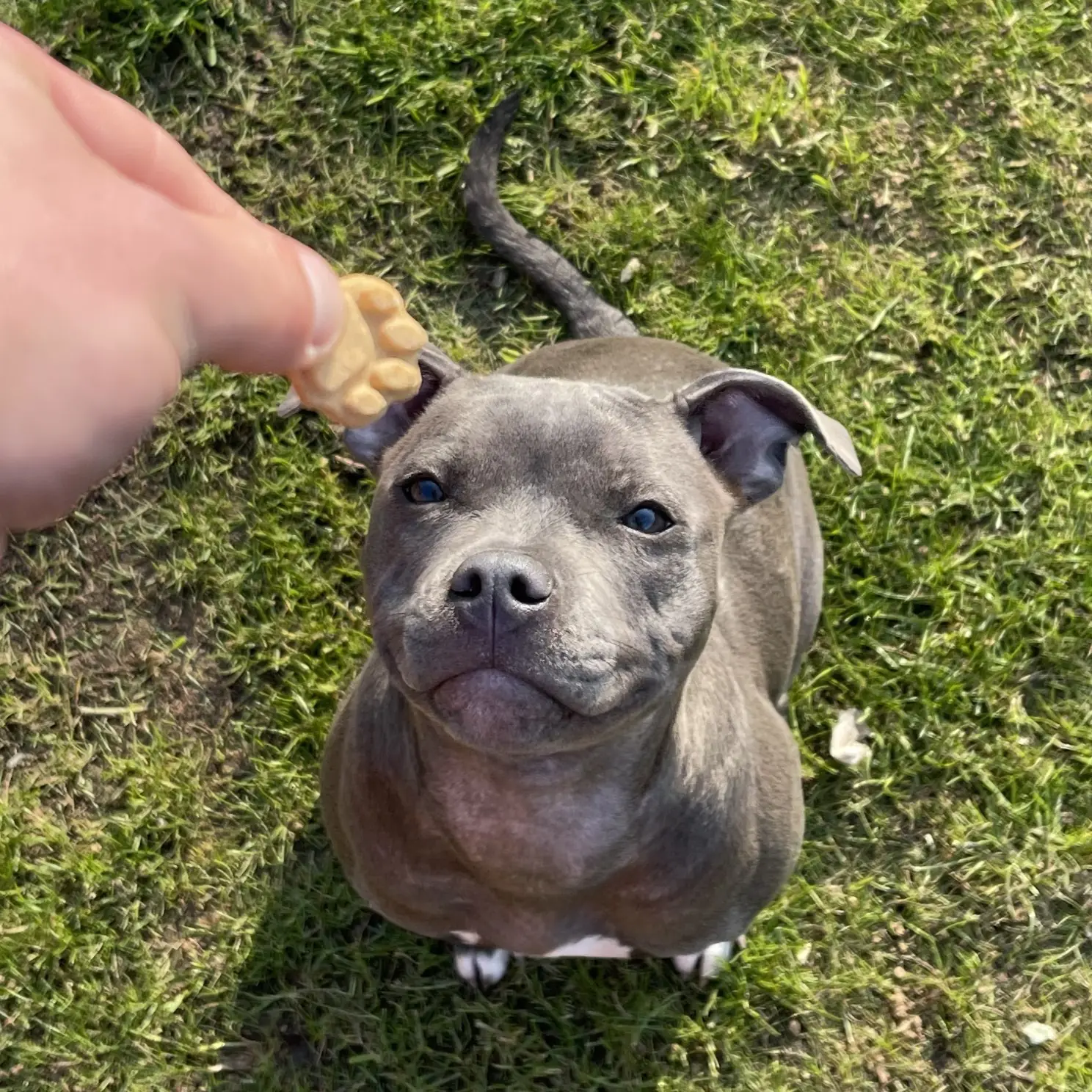
Why won’t my dog eat his/her food?
There are a number of factors that can affect a dog’s willingness to eat their food, but it can be distressing to pet owners when their pooch with a healthy appetite suddenly goes off their food. Here are some questions to ask and things to look out for to understand this change in behaviour.
Is your dog feeling unwell?
While it might not always be easy to know if your dog is feeling unwell, there are signs you can look out for. Much like humans, when we are feeling unwell, we are often off our food or change our eating habits. When a dog is under the weather you might notice changes in their personality – a normally social dog might display more withdrawn behaviours. Or they may become clingy or show signs of increased neediness.
It is important at this stage to assess what could be the cause of the pain. Dogs can pick up common bugs like humans which can make them feel off-colour for a few days or it may be something more serious like a dental or digestion problem that is putting them off their food. If these behaviours last more than a couple of days or are coupled with any worrying symptoms, contact your vet straight away.
Have you changed your dog’s diet?
If your dog doesn’t have a set routine of eating the same food at the same sort of time every day, this can become confusing for them and can put them off their food from time to time. If you have been changing their routine or offering them different foods, for example, leftovers, or food from a BBQ, then your dog might simply be turning his nose up at his usual dry dog food.
The best course of action if you feel this might be the likely cause of your dog stopping eating is to go back to their routine of giving them set meal times and removing their food if it has not been eaten after 30 minutes.
What is the weather like?
Sometimes seasonal changes, especially the heat, can put dogs off their food and cause them to stop eating. If a dog is feeling the heat, they are likely to eat less. In the heat a dog is typically less active and therefore requires less food so their appetite is likely suppressed.
Try offering your dog smaller meals and adding ice or other cold dog-friendly summer treats to their diet to ensure they still intake their required nutrients. (For advice about adding ice to your dog’s food, please see this handy guide from the Blue Cross).
How old is your dog?
As dogs grow older, their bodies and routines change. They might become less active and expend less energy. If your dog is getting older and you notice that they have stopped eating their food, age is a likely cause.
At this stage you can try switching their food to a senior blend or different flavour; this switch should be done gradually over seven days, but introducing a new food might perk up your dog’s willingness to eat again!
Have there been changes to your pet’s routine?
Stress is a large factor when it comes to dogs being off their food. Any change in your four-legged friend’s environment or routine can cause stress. A family break up, a change of home or a change to your routine with them can upset their balance and therefore cause stress to your dog which can stop them from eating their food.
Try to combat this by keeping changes to a minimum or making changes gradually. If you have had a life event, for example moving home, try to adopt the same practices you used in your old home and spend as much time with your dog as possible to help with the stressful change.
What to do if your dog hasn’t eaten for days?
Anorexia in dogs is a life-threatening condition. Untreated for several days, it can lead to malnourishment and dehydration. You should contact your vet straight away if your dog or puppy is refusing to eat, even if they’re acting normally.
It’s important to get your dog eating again as soon as possible. If your vet has advised you to tempt your dog to eat, here are some tips:
- offer strong-smelling foods for example fish – a dog’s sense of smell can trigger their appetite
- try different flavours of pet food, sometimes dogs do just get tired of the same old thing
- try hand feeding – if going through stress or changes, sometimes just a little more love and attention can make a big difference
- check your dog’s nose is clean – the smell of food may help stimulate their appetite
If it turns out your dog is just being fussy about food, you should avoid repeating bad habits such as giving them treats during the day and feeding them scraps from the table. Stick to a strict routine and always make sure their food is not spoiled or out of date.
As always, seek advice from your vet if your dog still refuses to eat or you are becoming increasingly concerned – they will be able to help rule out any serious issues, as well as offering you further guidance to help your four-legged friend.



